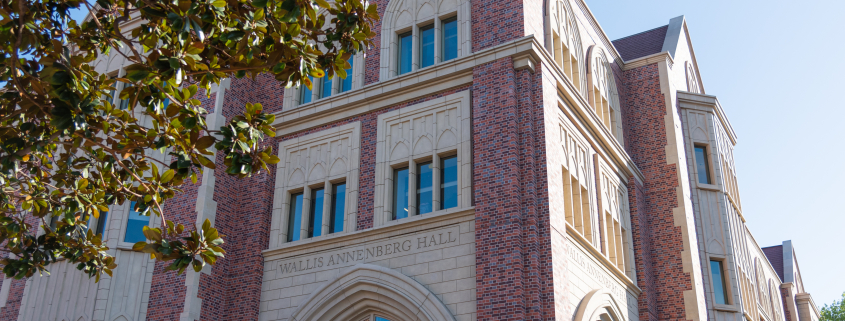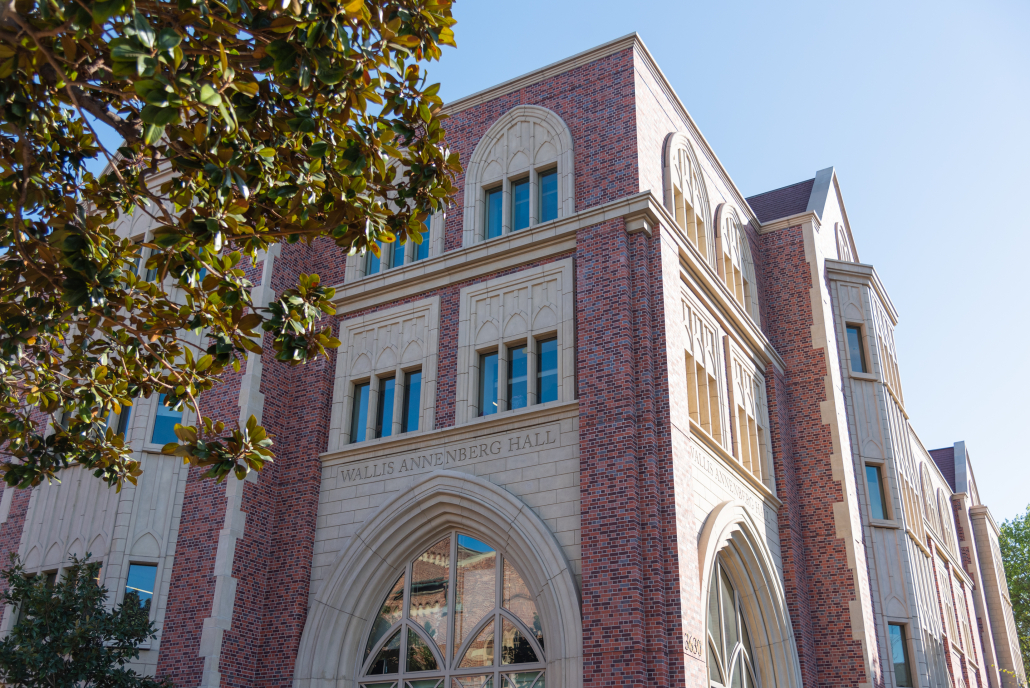USC must take more initiative to guide outgoing exchange students
Last semester, USC opened its applications for incoming exchange students from international universities via the Annenberg International Program and Marshall International Exchange Program. However, following international schools canceling their exchange programs because of their countries’ uncertain coronavirus situations, few students were able to participate in the programs. Although the pandemic has somewhat subsided in the United States, many students still decline its outgoing exchange offer because of the 14 — even 21 in some cases — days of required hotel quarantine upon arrival.
I am one of the students who was able to come to USC through the Annenberg International Program. After none of my classmates came to USC in Spring 2021, I was supposed to come with three of my classmates this semester. However, all of my classmates ultimately declined, leaving me as my university’s sole participant.
Fortunately, the U.S. reopened its borders to fully vaccinated visitors last month, ending its restrictions imposed since March 2020. More and more countries, such as Canada and Australia, are also following these policies. That being said, many USC students may start their exchange journey in the coming semester as more and more international borders open.
Before the pandemic, students would usually ask previous exchange students for information on the dos and don’ts, but the coronavirus pandemic created a gap between outgoing and prospective exchange students.
Although governments provide information on coronavirus guidelines, this knowledge and unspoken rules are still limited to exchange students. It can be confusing to keep track of countries with mandatory mask policies, such as South Korea and Vietnam. Although mandatory mask laws are easy to notice and follow, government websites, such as Canada and Australia, do not rapidly update information on these changes for visitors and tourists.
Gigi Yue, an international student from Hong Kong and a senior majoring in theatre with an emphasis in design, spoke about how people in Hong Kong behave under the pandemic.
“Even though there are just a few daily local cases in Hong Kong and over 65% vaccination rate, citizens are still so frightened about the pandemic as the SARS left a shadow on the city in 2003,” Yue said. “Even after a decade, people become anxious whenever there is a pandemic.”
Yue also said unspoken norms and social cues have come about because of the pandemic.
“If you do not wear your mask outdoors or the mask does not cover your nose properly, people will probably stare at you or even scold at you,” Yue said. “When you are eating in the restaurant, it is inappropriate to just put your mask on the table without covering. Instead, people use a mask case when handling masks.”
Exchange programs are managed by the respective USC school instead of a centralized group. With the exception of co-degree programs with large groups of students, most outgoing exchange students struggle to find resources and contacts, as few students travel within the program.
Although the USC Office of International Service provides a comprehensive guideline and orientation to incoming international and exchange students, it disregards outgoing exchange students. I was supplied resources and a 30-page booklet when I settled into USC, but this is simply not enough.
The Office of International Services may consider holding a panel between this semester’s returning exchange students and next semester’s outgoing exchange students to provide the most up-to-date information for exchange students. The office could even establish a Facebook group for students to communicate.
In addition to these efforts, the office can virtually gather outgoing exchange students. For instance, gatherings could connect students visiting the same country via the Annenberg International Program and Marshall International Program to provide more peer and mental support when experiencing cultural shock.
When students travel to countries without proper public transportation, the group could act as an important tool for connecting students to share rides. For instance, the exchange student department in the National University of Singapore sends out an official private Facebook group link to every exchange student two months prior to the start of the program.
USC can lend a helping hand through these simple steps. The Office of International Services should take the initiative to implement these efforts, which could turn into long-term support after the pandemic.


